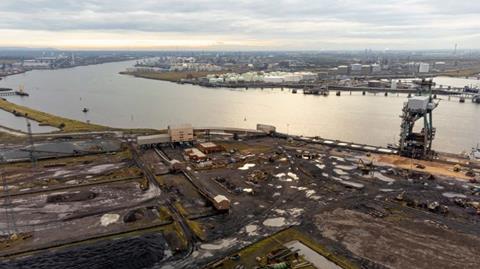bp has confirmed plans to build a large-scale green hydrogen production facility in the North East of England, as part of its efforts to support the UK’s transition to a low-carbon future.The project, called HyGreen Teesside, is expected to have a production capacity of up to 500MWe by 2030, with an initial phase of 60MWe. The company aims to start production in 2025, subject to a final investment decision expected in 2023.

BP is working with industry, local administration and the UK government to increase the pace of decarbonisation in transport. The proposed green hydrogen facility is expected to fuel the development of Teesside into the UK’s first major hydrogen transport hub, leading the way for large-scale decarbonisation of heavy transport, airports, ports and rail in the UK.
Louise Jacobsen Plutt, bp’s senior vice president for hydrogen and CCUS, said that low-carbon hydrogen will be essential in decarbonising hard-to-abate industrial sectors, including heavy transport. She added that HyGreen and H2Teesside can help transform Teesside into the UK’s green heart, strengthening its people, communities and businesses.
The combined 1.5GW capacity of HyGreen Teesside and H2Teesside could deliver 30% of the UK government’s target of developing 5GW of hydrogen production by 2030. Teeside is home to five of the UK’s top 25 emitters and accounts for over 5% of the UK’s industrial emissions.
The proposed facility is bp’s first green hydrogen project in the UK, with the company also pursuing proposed projects for green hydrogen production in Rotterdam in the Netherlands, Lingen in Germany and Castellon in Spain. BP has also carried out a feasibility study identifying opportunities for green hydrogen production in Western Australia and was most recently chosen as the preferred bidder to develop a green hydrogen production hub in Aberdeen.


















